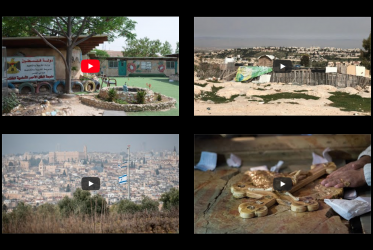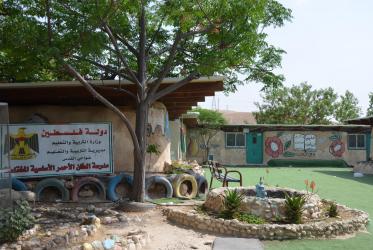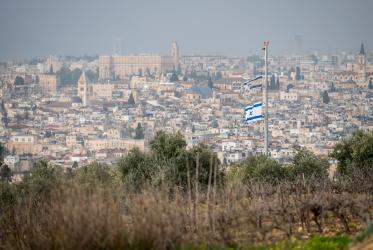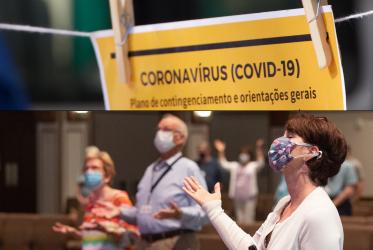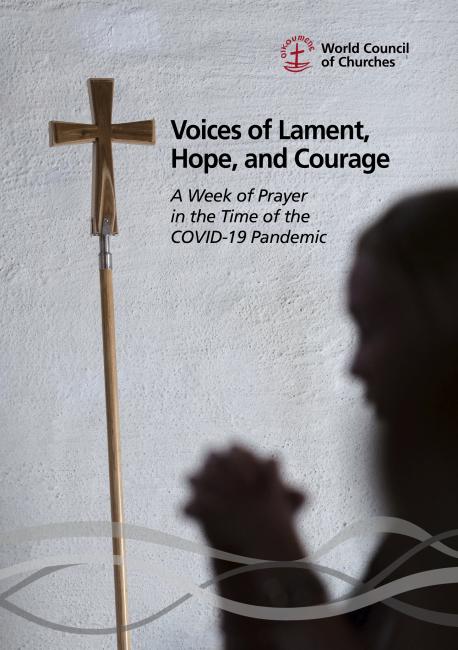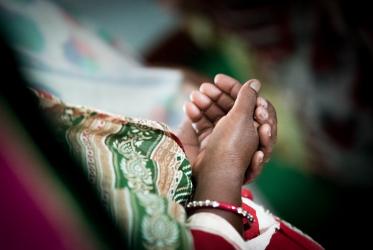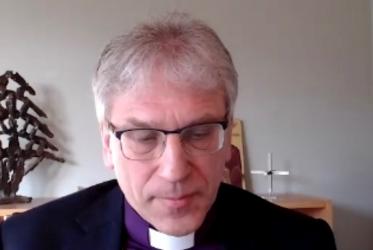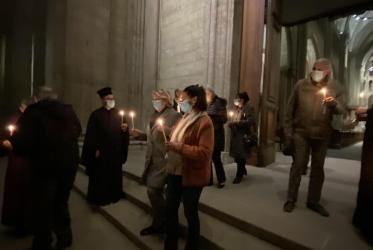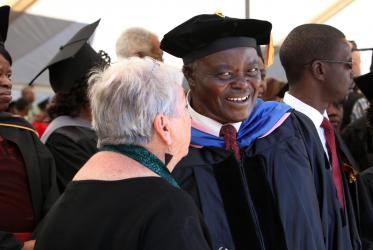Displaying 141 - 160 of 415
Bedouins of Pope’s Hill fight eviction
30 March 2021
East Jerusalem: Denied citizenship and the vote
30 March 2021
Let us pray together in the time of COVID-19
25 March 2021
Voices of Lament, Hope, and Courage
A Week of Prayer in the Time of the COVID-19 Pandemic
18 March 2021
The ecumenical spirit at Calvin’s Cathedral
24 February 2021
WCC remembers life of Patrick Matsikenyiri, a joyful song leader
15 February 2021
In pictures: Week of Prayer for Christian Unity
01 February 2021


